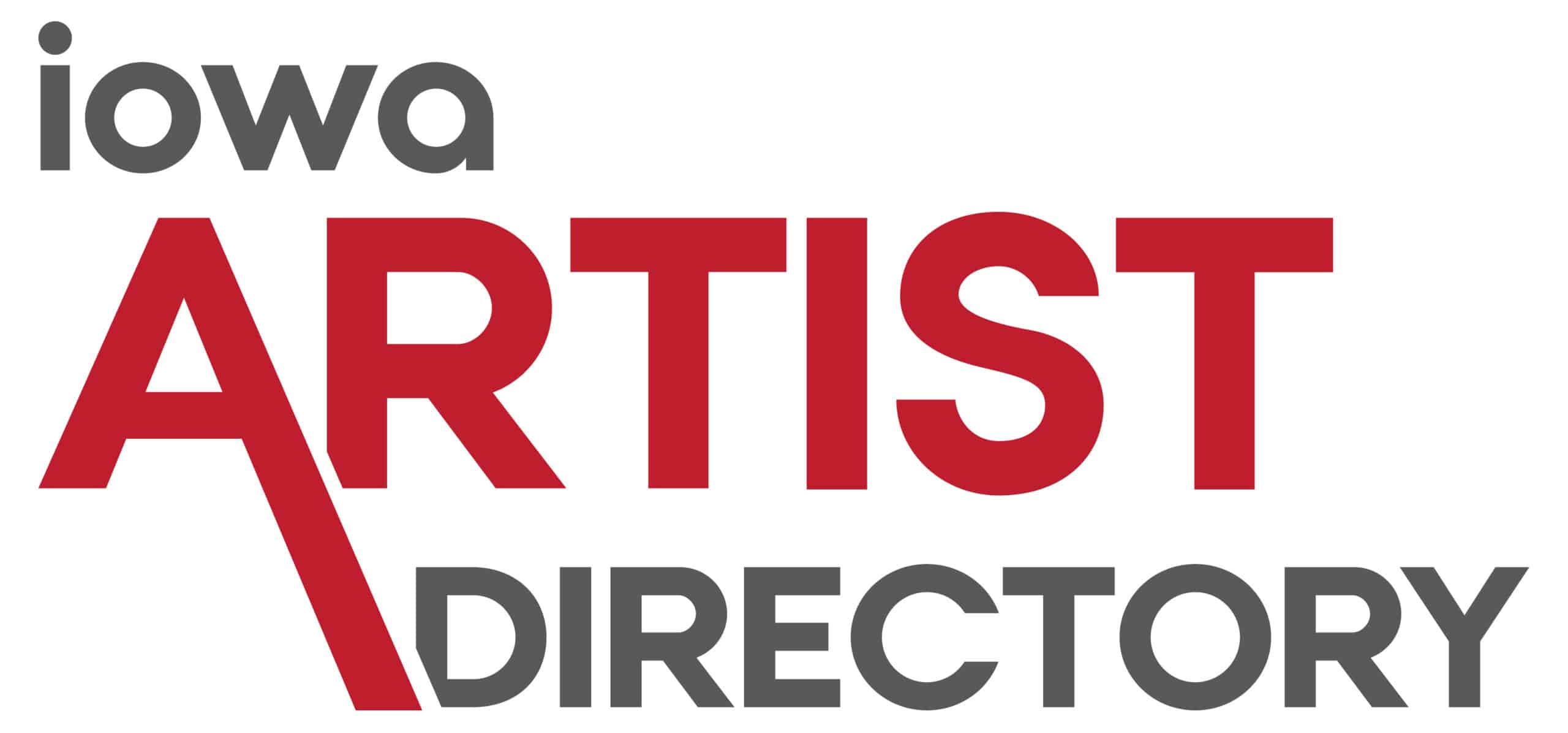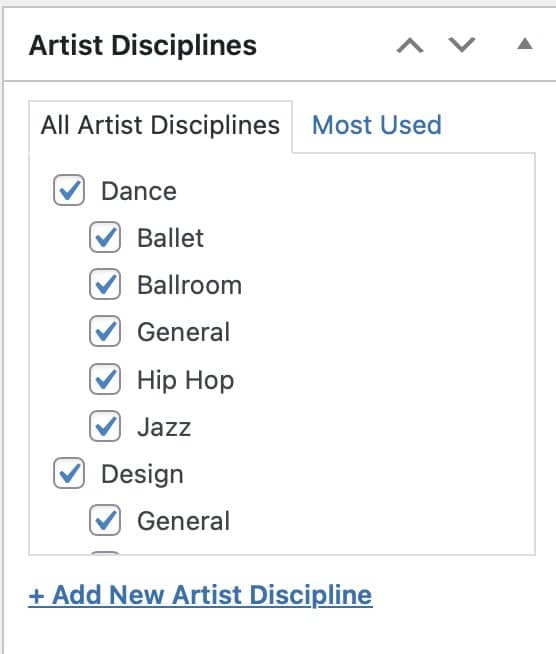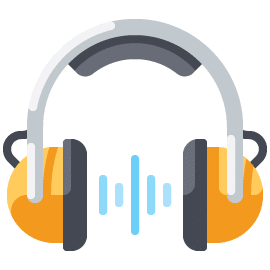
My primary mode of musical organization is improvisation so my work is about listening. I sift through the nostalgicPseudoCultural junkPile of audioAmericana and listen… Listen for ways to upCycle the aural artifacts that catch my ear’s eye into electroAcoustic sound collages which tread the line between parody and pastiche, irony and sincerity, paradox and truth… out of which I hope to squeeze a tiny bit of meaning, self reflection, insight, fun and aesthetic pleasure.
My primary media are live performance and digital recordings. In both cases I create sounds using a combination of acoustic instruments (mostly drums) played by myself and digital instruments which I’ve created using an object-oriented computer programming language called Pure Data. The computer holds the repository of “pseudo-cultural nostalgic junk” in the form of samples lifted from various sounds that were tattooed on to my brain during childhood (tv themes, commercial jingles, etc) mixed with slightly less nostalgic sounds from my early creative work. These samples get processed, chopped up, slowed down, twisted, shifted, compressed, and generally mangled until they are interesting. At times I “play” the computer by using analog-to-digital interfaces (such as midi drum pads) and at times the computer plays itself using algorithmic processes which I have created to suit my tastes and also to add an element of aleatoric unpredictability to which I must react in the moment, lending the music an air of improvisational excitement.
In regards to musical form, I don’t conceive of improvisation as a constituent part of some other overarching organizational strategy but as the primary mode of musical organization… Indeed it is the most important aspect of my music. Improvising necessitates a level of listening that goes beyond that which is required for day-to-day life. I find that the responsibility of creating form in the moment – the act of extemporaneous composition – deepens my focus and I experience the sound on a level which is difficult to achieve with traditional predetermined forms. This deepened focus also puts me more in tune with the needs of the space and audience of each particular performance and the flexibility improvisation affords the music allows me to better react to what my ears are telling me.
The methods I use to create music are important to me not only because I believe they generate really compelling sounds, but they also have philosophical ramifications beyond my own work. The performative flexibility of composing music in the moment, the heightened level of listening required, the personal responsibility the performer must take on, and the letting go of a “one-size-fits-all” mentality all have poignant allegorical implications for society at large and can give us real insight as to how we can build better communities for ourselves. Additionally, the extremely high resistance that improvised music has against the corrosive and homogenizing effects of neoliberal industrial mass production and consumption make it one of the last bastions of true freedom in music.



